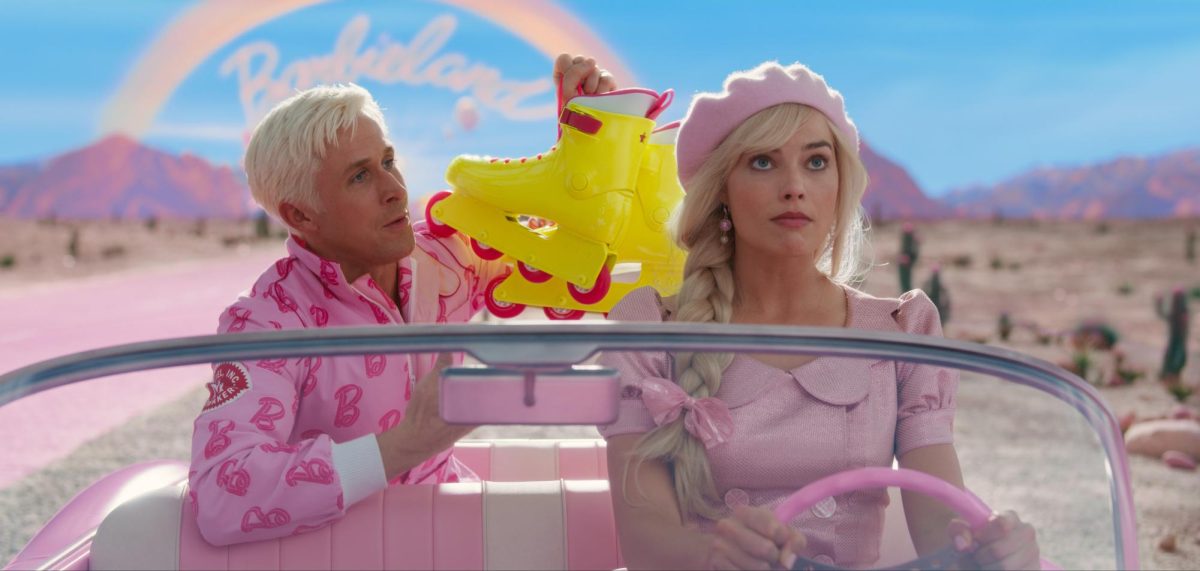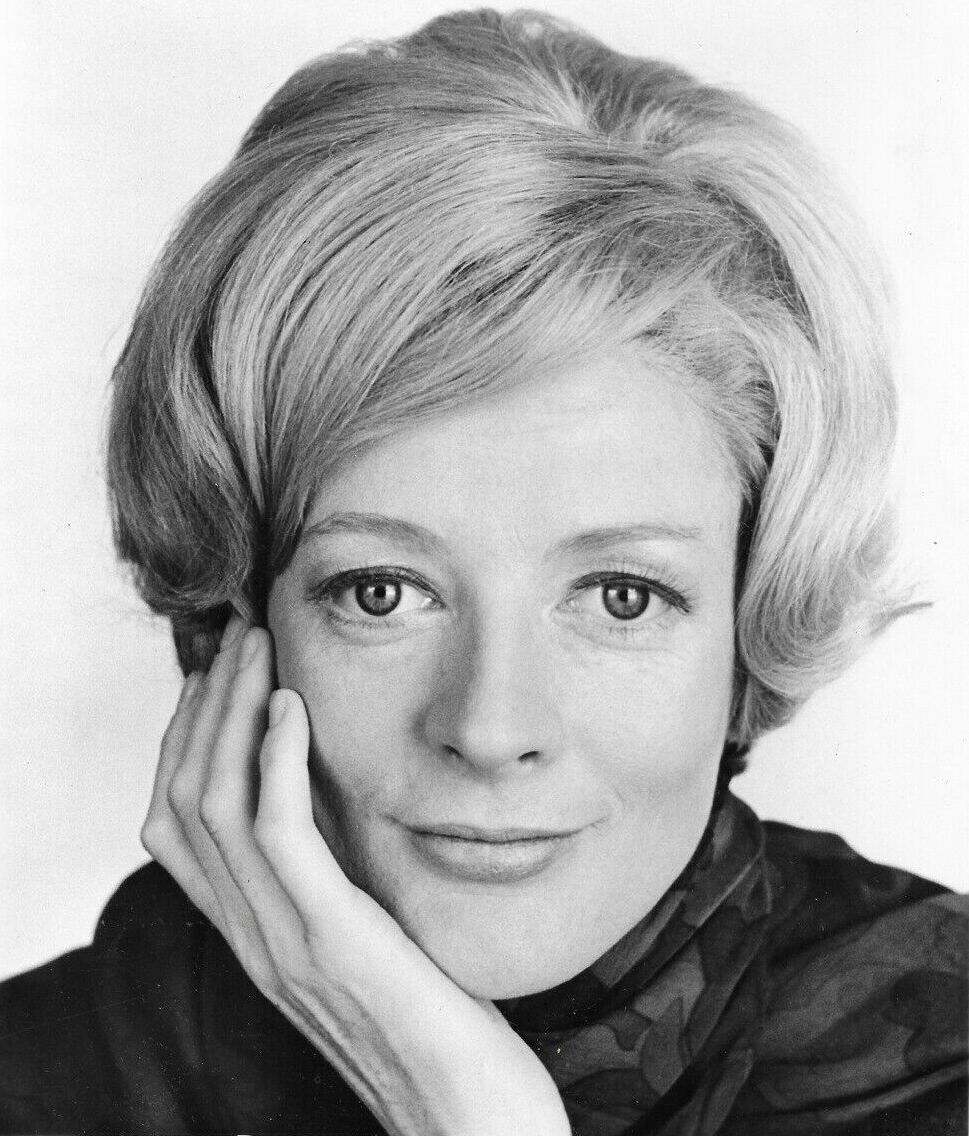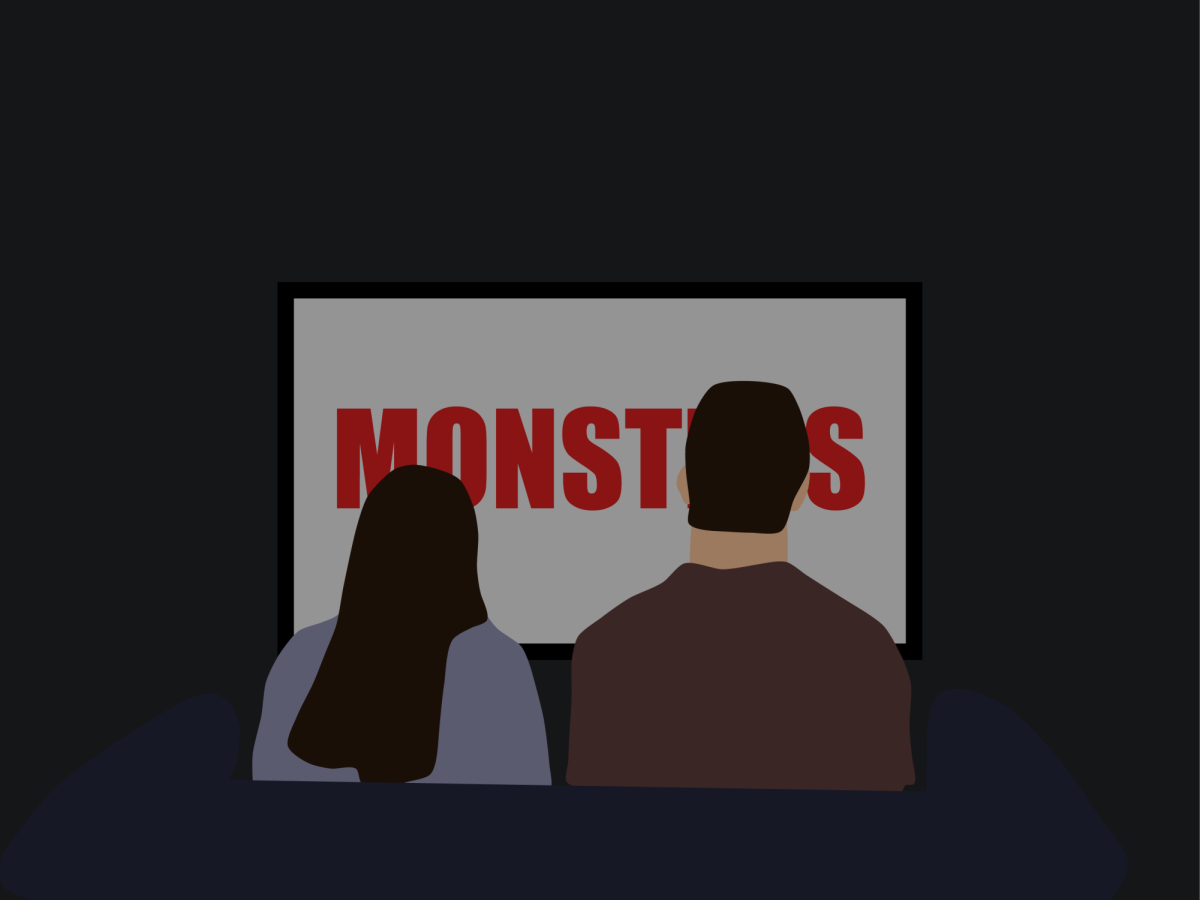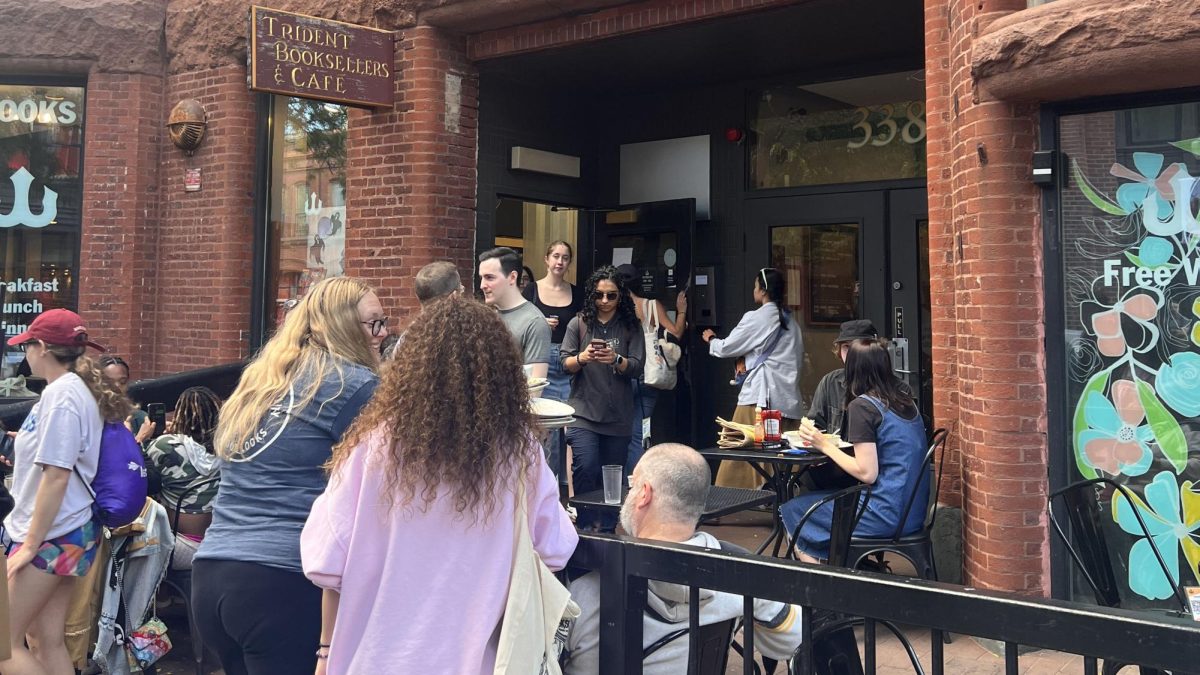Moviegoers flocked to theaters dressed to the nines in pink July 21 to celebrate the release of Greta Gerwig’s “Barbie.”
“Barbie” received widespread acclaim, receiving a score of 88% and “Certified Fresh” status on Rotten Tomatoes. In addition, the film was an immense commercial success, earning over $1 billion at the box office worldwide, making Gerwig the first solo female director to do so.
The film follows the titular character (Margot Robbie) into the real world as she tries to figure out why her perfect life in “Barbieland” is going awry. Her journey takes a turn when her partner Ken (Ryan Gosling) learns about the patriarchy, abandoning his companion to implement it in Barbieland.
Although many probably went in expecting a lighthearted film about a doll in our world, “Barbie” instead comments on the reality of being a woman in a male-dominated society, emphasizing how jarring the transition from girlhood to womanhood truly is.
Gerwig, who co-wrote the film with Noah Baumbach, juxtaposes the two worlds seen in the film against each other. The first world, Barbieland, represents girlhood, as all of the Barbies are kind and respectful to one another, only wanting to get along and be friends. Additionally, the residents of Barbieland are quite naïve to what the real world is like, as they truly believe they helped achieve gender equality and that the real world is as perfect as theirs — before Barbie leaves, one of her friends says that maybe every woman will give her a big hug to thank her for everything they’ve done.
The real world, on the other hand, represents womanhood. When Barbie arrives in Los Angeles, she is horrified by the judgmental stares, ridicule and harassment she immediately receives; meanwhile, Ken is having the time of his life. This is a powerful metaphor for how abrupt it can be to grow up and leave the bubble you grew up in, only to discover how awful the world can be.
This theme culminates in a monologue from Gloria (America Ferrera), a Mattel employee who is revealed to be the one accidentally causing problems in Barbieland — Robbie’s Barbie belongs to Gloria, who began playing with the doll again after feeling unhappy with her job and strained relationship with her daughter (Ariana Greenblatt), thus imbuing it with her negative feelings.
While Barbie is despairing over Ken’s patriarchal takeover of Barbieland and wrestling with feelings of inadequacy, Gloria laments over the impossible expectations women are held to, pointing out how women must jump through impossible hoops to appease those around them. As Gloria points out, if this all applies to a doll meant to show women can do anything, then how are women in our world ever going to escape these expectations? Ferrera’s delivery of this monologue is stunning and incredibly moving, releasing the pent-up rage of women everywhere as she describes how nothing women do will seemingly ever be enough.
“Barbie” also uses Ken’s character to represent the harsh reality of how easily young boys are able to find misogynistic content online, thus continuing the cycle of sexism. While still in Barbieland, Ken shows only love and admiration towards Barbie, wanting to impress her while still treating her like a person. However, when he joins her in the real world, he is quickly inundated by the patriarchy’s omnipresence, witnessing its impact firsthand through weightlifting, corporate America and horses. Excited at the prospect of men ruling the world, he brings it back to Barbieland — by taking Barbie’s dreamhouse and renaming it the “Mojo Dojo Casa House” while objectifying all of her friends, effectively destroying what remained of life as she knew it.
Similarly to Barbie’s experiences in the real world, Ken’s discovery of the patriarchy is a representation of a possible path for young boys as they grow up. With an abundance of misogynistic content online (take Andrew Tate, for example), it makes them easily susceptible to these harmful ideologies.
This part of the film is where Robbie shines. Robbie beautifully portrays how it feels to see one’s world change before their eyes, and the emotions this invokes are all present on her face — the confusion, the sadness, the denial.
Along with the serious discussions of womanhood and sexism, “Barbie” is still incredibly funny. From recurring jokes about cellulite being the worst thing that could ever happen to Barbie to a full-blown musical number with all of the Kens about self-worth, the humor is what retains the positive tone for most of the movie. If “I’m Just Ken” doesn’t win the Oscar for Best Original Song next year, then something is wrong at the Academy.
The humorous moments throughout are some of Gosling’s strongest performances in the film. After telling his fellow Kens about the patriarchy, Gosling’s Ken is the doll embodiment of a red flag, and it is hilarious. From playing “Push” by Matchbox Twenty at Barbie — not “to,” “at” — to telling her she can either be his “long-term, long-distance, low-commitment casual girlfriend” or his “bride wife,” Gosling steals the show in these scenes.
There are, however, moments in the film that break from this tone and are more emotional, like the beautiful montage of “girlhood” set to “What Was I Made For?” by Billie Eilish, which featured family and friends of the cast and crew.
The marriage of social commentary and humor is what makes “Barbie” work. The message of the film is clear, while still staying lighthearted with quips and one-liners woven throughout. The true highlight of this pairing is the final line of the film after Barbie becomes human, depicting a common experience for many women: “I’m here to see my gynecologist!” The humor, the show-stopping performances and the commentary make “Barbie” one of the best releases this year.

















